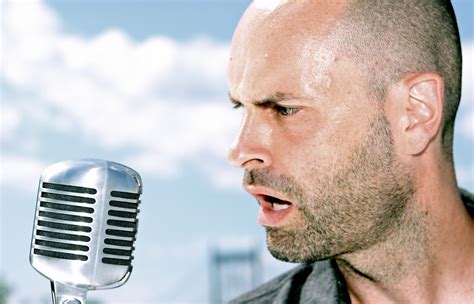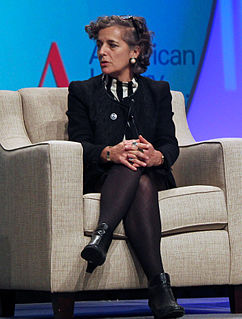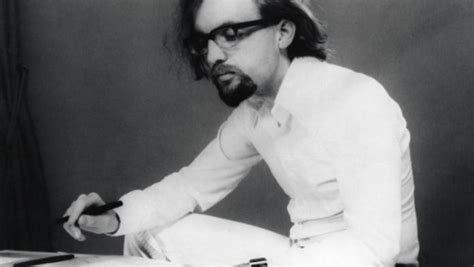A Quote by Ted Alexandro
Comics can definitely be subversive on the whole, but it's a stylistic thing.
Quote Topics
Related Quotes
Underground comics were produced by individuals - they were the auteur variety, rather than the production-line sort of comic book aimed at pleasing a vast general audience. Mainstream comics never appealed to me: they seemed sterile in their stylistic consistency, and were quickly consumed, the stories interesting only for so long as you were reading them.
The lovely thing about writing comics for so many years is that comics is a medium that is mistaken for a genre. It's not that there are not genres within comics, but because comics tend to be regarded as a genre in itself, content becomes secondary; as long as I was doing a comic, people would pick it up.
I know what I as an editor respond to is a voice. A voice is not just a stylistic thing, but it means someone who really has something to say. I think a lot of what I get from books - whether they be books of comics or books of literature - is a window into somebody's mind and their way of thinking. Somehow, I can recognize some of my feelings in seeing somebody who is actually expressing their own inner reality.
I don't think comics use iconic forms - or they don't have to. But that makes them even more "cool," if I understand the idea. One has to be quite involved to make comics work. Signals have to be decoded on both the verbal and visual level, simultaneously, and the reader must do a lot of cognitive work between panels as well. Comics definitely need an engaged reader.
Self-publishing in comics is core to the whole artform. There is no scarlet letter in comics as there still is, to some degree, in prose. As no publisher for a long time would publish serious work in comics, the only way a lot of it came out was because of self-publishing. Many of the greatest works of the medium are self-published.
There are a lot of good comics, no doubt, but as far as the quality of the comics goes, I think what you have is a bunch of situational comics - there are black comics that work only black crowds, gay comics that do only gay crowds, and southern comics that only work down South, and so on with Asian, Latino, Indian, midgets, etc. The previous generation's comics were better because they had to make everybody laugh.

































